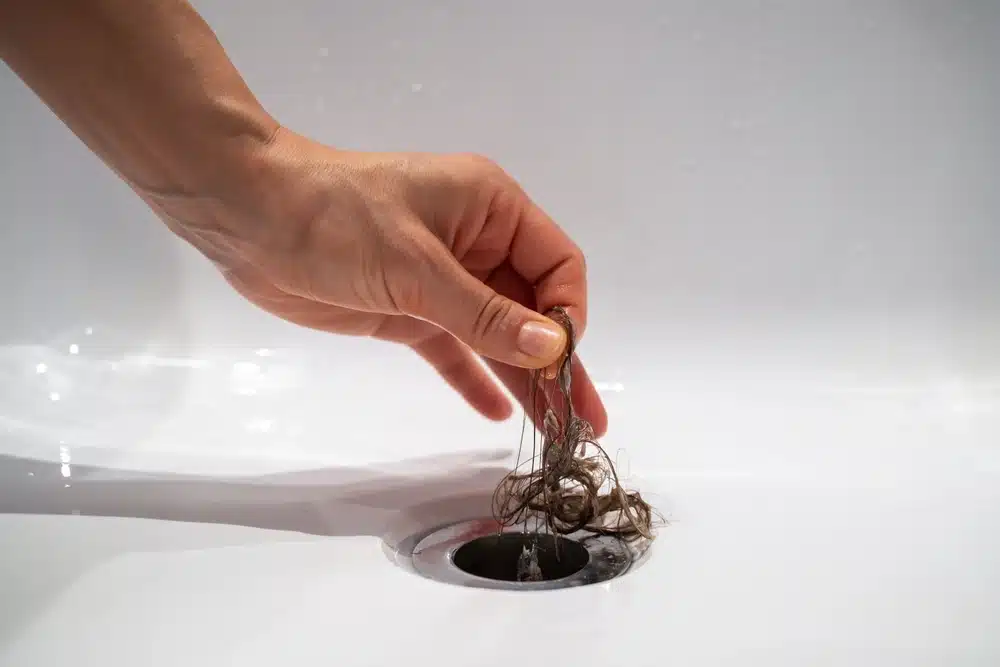There have been a few reports of patients experiencing hair loss whilst on the anticoagulant drug Warfarin. Harley Street Hair Clinic is looking at how it may cause hair loss. We are able to provide some patients with a Warfarin hair loss remedy, in the form of restoration procedures. Read more to find out if you are suitable and what can be done to treat Warfarin hair loss.
What is Warfarin?
Warfarin is a type of anticoagulant drug, more commonly known as a “blood-thinner”, that is prescribed to help blood flow more easily through the veins.
Warfarin is often prescribed to those who have a history of blood clots, such as those who suffer from deep-vein thrombosis or pulmonary embolisms. It’s also used to prevent blood clots in people who are at a high risk of developing them, such as people with abnormal heartbeats or replacement heart valves.
Does Warfarin Cause Hair Loss?
There is not a lot of data about the link between Warfarin usage and hair loss. However, a lot of doctors across the globe have heard anecdotal evidence around Warfarin use and hair loss.
Many have heard how Warfarin, amongst other anticoagulant drugs, cause minor or partial hair loss. Complete hair loss whilst on Warfarin has not yet been reported.
One theory surrounding the link between hair loss and Warfarin is that it is simply the stress of having to start taking Warfarin that causes the hair to fall out, not the Warfarin itself. But because this hair loss happens a few months after starting routine Warfarin use, it is assumed that the Warfarin causes the hair to fall out, rather than stress.
Another theory is that the hair loss is actually related to the acute illness itself, i.e. the clotting event. Once this event has happened, the hair loss will take weeks or potentially months to affect the hair. By this point, the patient has usually started taking anticoagulants (such as Warfarin), and therefore blames the Warfarin for the hair loss.
One thing that is known is that the conditions around anticoagulant usage (i.e. Warfarin use or potentially the stress associated with it) causes telogen effluvium. There has been one scientific paper published about this, but they could draw no reasonable conclusion, so more study is needed in this area. For patients experiencing these symptoms, a Warfarin hair loss remedy or hair transplant could be suitable as a permanent solution.
Warfarin Hair Loss Remedies
The effects of Warfarin on hair have not been studied much, so it is hard to surmise what an effective Warfarin hair loss remedy would be.
It does not currently look like any hair promoting vitamins, like minoxidil, can currently help with Warfarin hair loss.
If the hair loss is really noticeable, then there is the possibility that you can change the anticoagulant you are taking. Low-molecular-weight-heparins or Fondaparinux are always options, although low-molecular-weight-heparins, as well as unfractionated heparin, have also been reported to occasionally cause hair loss.
A switch like this is only recommended after consulting with your doctor at length. Warfarin is not prescribed lightly, and changing the anticoagulant that you are taking is not always possible.
(Image source)


